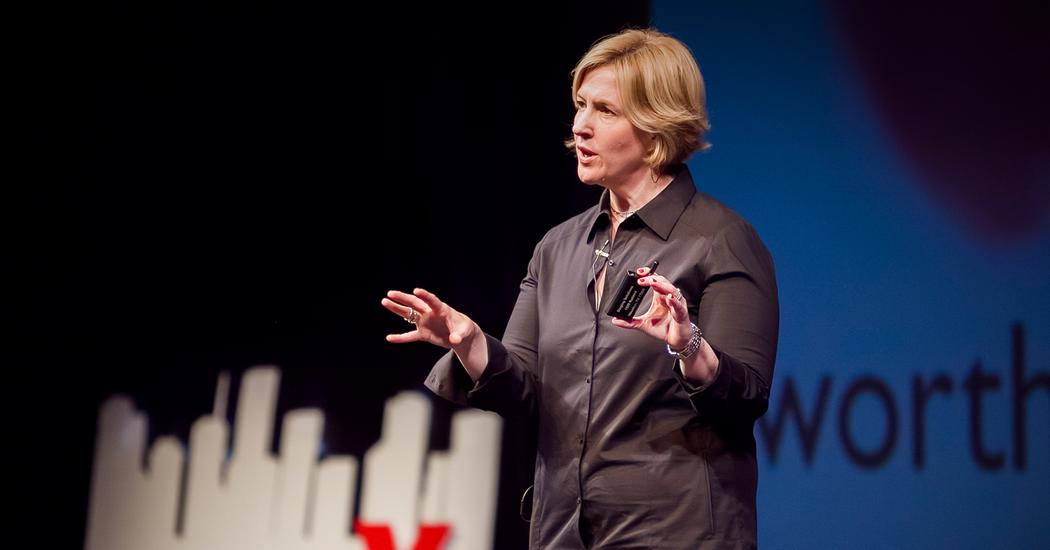
The Cornell Quaranzine
Supporting Your Well-being - Fall 2020
09/09/2020
Dear community,
And with that, the first week of classes has come and gone.
Whether online, in-person or hybrid, classes this fall probably feel a bit different, right? Meeting new people, reconnecting with friends and developing mentor relationships with faculty may take a little more effort this semester but is definitely worth it! This issue will highlight why connections are especially important right now during this time of reduced in-person connecting, and some ways and places to find different types of connections.
Wishing you wellness,
The Skorton Center for Health Initiatives at Cornell Health
* If you would like to continue receiving issues of the newsletter each week, follow this link!
But First- A Self Check-In
Congratulations on making it to the second week of classes! We’ve officially kicked off the academic year in a way that’s never been done before. Students and faculty are balancing new challenges like never before. We imagine this isn’t an easy transition for you, and want you to know that it’s okay to acknowledge these hardships. Frustration, anxiety, sadness, and anger are all normal emotional responses to the ongoing uncertainty we are currently living with. What can help with these kinds of feelings? Connection can. As the researcher and scholar Brene` Brown puts it: “What we know is connection- the ability to feel connected- is neurologically how we’re wired; it’s why we’re here.”
- Brené Brown, The Power of Vulnerability TedxTalk
(see video below)
In last week’s newsletter, we mentioned how our purpose connects us to others. How would you rate your ability to make meaningful connections with people right now? What approaches are working, and how can you maintain them? Where are you struggling to connect with others?
It's also likely many of us are having positive experiences meeting new people and reconnecting with friends and faculty. It's important to celebrate these experiences too! One way is by keeping a gratitude journal:
- Who made you smile/laugh today?
- Who reminded you to believe in yourself?
- Who helped you solve a problem?
- Who can you be yourself with?
As you adjust to your new schedule this semester, think about how you will make meaningful connections this week, despite physical distance.
Connecting Near and Far
- Stay in touch with family and friends
- Take a physically distanced walk around campus with a few friends (remember your mask!)
- Grab food and sit outside with others to eat, greet & meet
- Form or join a study group with classmates
- Join a student organization (be sure to meet current orgs at virtual Clubfest!
- Attend virtual events to meet people with similar/different interests than you
Maintain positive connections with the people that you live with.
Cornell Botanic Gardens: 21 Places and Things to Check Out With a Friend or Two!
For this week, we are highlighting a video (below)made by Diana Buckley ’19 and Amanda Sudilovsky ’19, two former summer interns of the Cornell Botanical Garden. Here, they guide us through a wide range of places and activities that the gardens offer both in the summer and winter. Picking blueberries and ringing the bell at Newman Overlook are just some of the exciting opportunities that many Cornell students go all four years without knowing about! These activities are perfect to be done for just yourself or a small group.
Find an Online Study Partner!
There is hardly better way to stay on top of things and in control than to have a study buddy. Studying with peers is a great way to connect with other Cornell students and is a powerful tool for learning. Finding people to study with can be challenging (even when you are taking in-person classes), but Cornell’s Learning Strategies Center (LSC) will help you match with study partners. To find out more about study groups and partners, and to sign-up for study partners for class you are in, visit the LSC’s Studying Together webpage.
Quick COVID-19 Updates
Cornell Student Behavioral Compact Updates
COVID-19 Status Facts!
- Governor Cuomo's announcement states that classes shall go online if 100 cases are detected within a two week period.
- Cornell's position, which was announced a few days before Cuomo's, is that the university will go online if 250 cases are detected in one week. Notice how neither policy entails anything more drastic than simply going online!
- Cornell's decision to go from Alert Level green to yellow is not due to some major new source of risk - it is a precautionary step with the main change being the new 10-person gathering limit.
Coronavirus leads to record fall in consumption of Earth’s resources
Stay Apart, Keep in Touch
Check out what’s happening this week and be sure to register!
Website: https://orientation.scl.cornell.edu/#tagged//sorted/orderByTime
Talk/Text Resources
If you find yourself struggling or in need of someone to talk to, know that you are not alone.
The following resources are here to support you:
Cornell Resources
Cornell Health phone consultation (24/7): 607-255-5155
Ithaca Resources (24/7)
Ithaca Crisisline: 607-272-1616
Advocacy Center (sexual/domestic violence): 607-277-5000
National Talk-Lines (24/7)
Suicide Prevention Lifeline: 800-273-8255
Trevor Project hotline (LGBTQ+): 866-488-7386
LGBT+ National Hotline: 888-843-4564
TransLifeline: 877-565-8860
National Text/Chat Services
National Crisis Text Line: Text HELLO to 741741
Steve Fund crisis text line: Text STEVE to 741741 (connects you to a counselor of color)
Trevor Project text line (LGBTQ+): Text START to 678678
Get in Touch
Contact Catherine Thrasher-Carroll, Mental Health Promotion Program Director, at ct265@cornell.edu.
Contact Johan Kjorven or Adaeze Okorie, Public Health Fellows, at jk988@cornell.edu and aio22@cornell.edu
- Medical and Telehealth Services for Students Outside Ithaca
Website: health.cornell.edu
Phone: (607) 255-5155
Twitter: @CornellHealth









